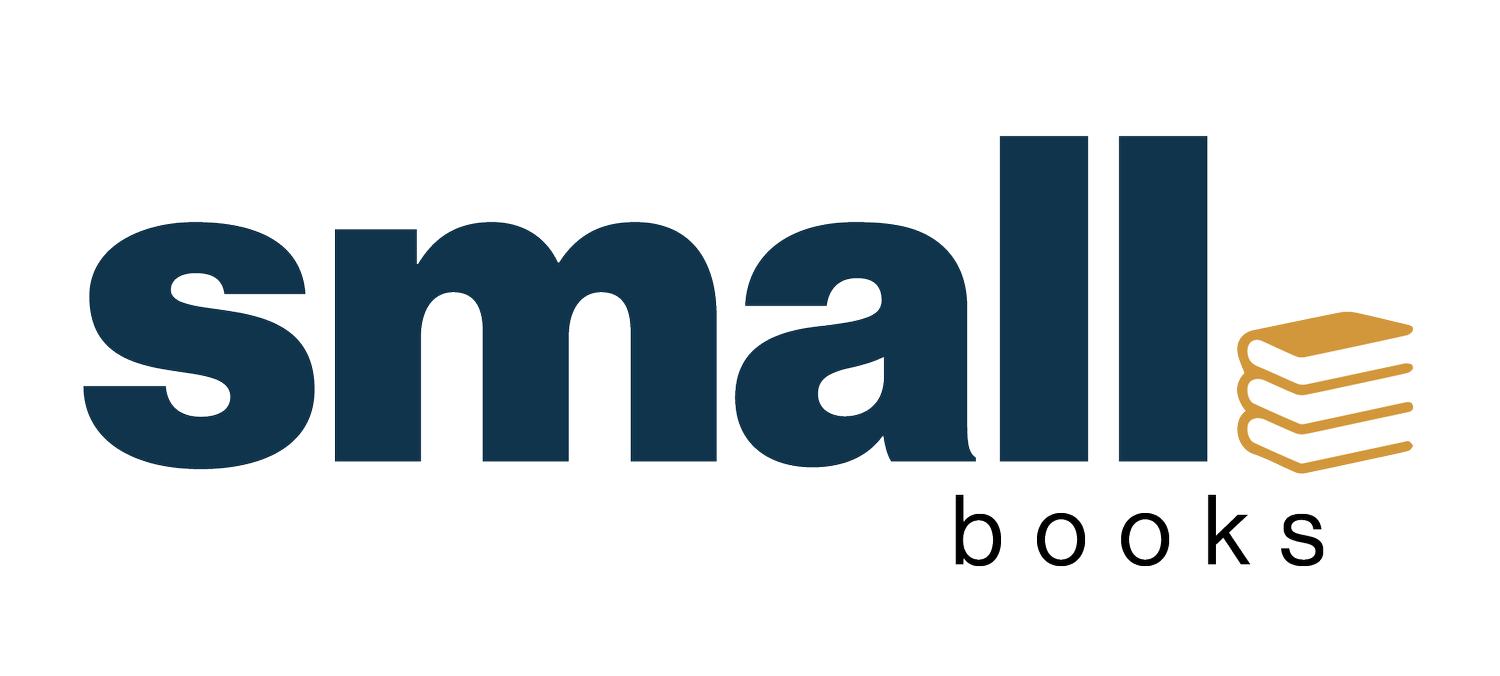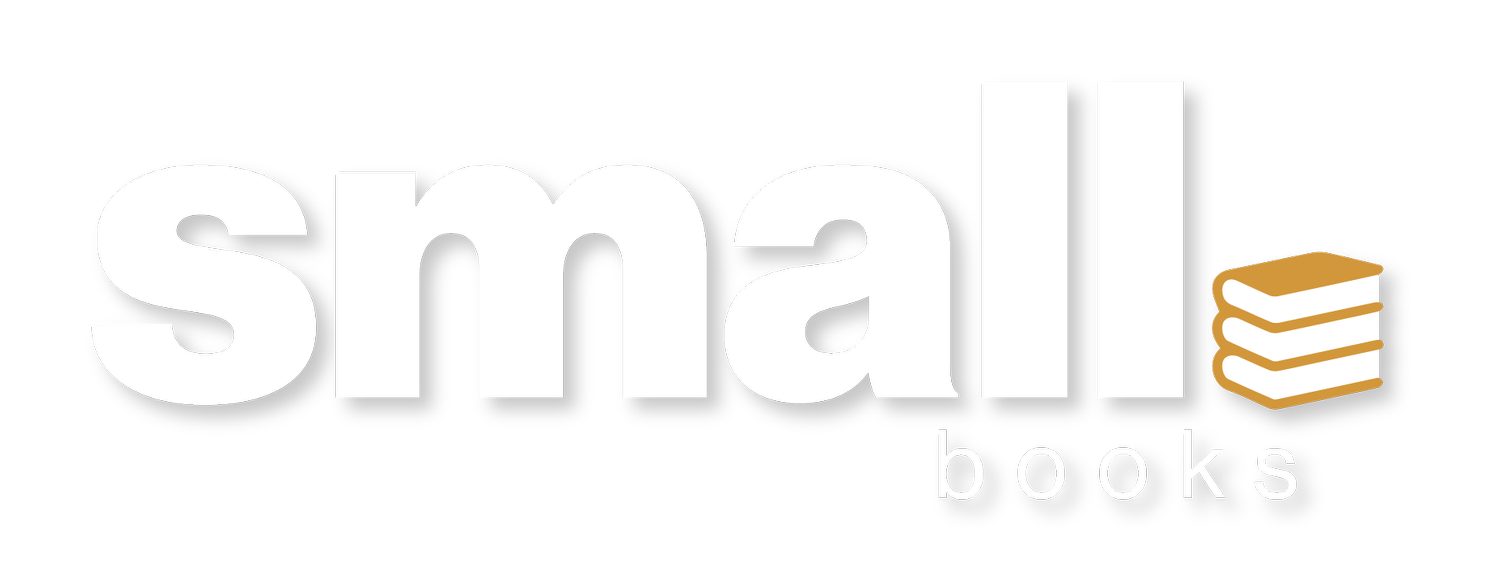Top Year End Tax Planning Tactics for Small Business Owners
Year end tax planning is a great way to reduce your tax bill, but you need to make these moves before it’s time to file.
And you don’t need to be an experts on all things tax law to get the most out of your return. Here are the 6 top small business tax moves that can help you cut your tax bill.
Capture all Claimable Tax Deductions
The number one way to save on your business taxes is to capture every deduction available to your business. The number one way to do this is by staying up-to-date with bookkeeping, so that no expense or receipt slips through the cracks during the year-end tax crunch. If you aren’t up-to-date, start by checking out our guide: 4 Easy Steps to Get Caught Up On Your Bookkeeping.
If you’re on top of your books and have a good sense of your cash flow, you may want to take advantage of additional tax-deductible expenses before year-end.
This is the classic “spend money to save money” - if you are having a profitable year, it may make sense to reinvest the money in your business rather than paying it out in the form of taxes!
For example, now may be a great time to finally invest in some needed tools or equipment, maybe marketing materials (like brochures or business cards), or even renew that membership in your trade association. There may be additional tax-deductible expenses for which you qualify (check out our list of Small Business Tax Deductions - Expenses You Should be Claiming to see more) but the ones listed below are our top picks to implement within a shorter time frame before year-end.
Accounting Fees - Fees for accounting, bookkeeping, tax preparation and finances can be deducted. If you’ve been thinking of hiring a professional help, why not take advantage of this deduction? Especially when their expertise may very well save you more than it costs you for their service.
Business Advertising and Promotional Expenses - Some of these expenses include online advertising, advertising on Canadian radio and television stations and Canadian newspapers and magazines, as well as promotional materials like business cards and pamphlets. Sponsorship of local sports teams, and other branded charitable donations, can be claimed as advertising if the materials include your branding and logo, which could potentially increase awareness of your business.
Business Taxes, Licences and Memberships - You can deduct annual licence fees (beverage, trade, etc.), an you can also deduct business dues or fees for trade or commercial associations, as well as magazine subscriptions if they’re expenses incurred to earn business income. Note: You cannot deduct club membership dues (including initiation fees) if the main purpose of the club is dining, recreation, or sporting activities such as golf club memberships.
Charitable Donations - Corporations can claim eligible charitable donations to a limit of 75% of net income. The donation must be made within the corporation’s fiscal year to be claimed as an expense, but you can carry forward unclaimed donations for up to five years. Note that sole proprietorships will be unable to deduct charitable donations on their net income from their business but will obtain a non-refundable tax credit for their charitable donations.
Tools and Equipment - The tools must be used specifically for your job and not for any other purpose before you bought them. Any tools or equipment that cost more than $500, should be deducted over a period of years using Capital Cost Allowance (see next section).
Capitalize on Capital Cost Allowance
A good way to lower your tax bill is to make use of the Capital Cost Allowance. If you need to buy a major capital asset like a building, machinery, or equipment to use in your business, consider buying it before the end of your fiscal year to claim tax depreciation, or Capital Cost Allowance (CCA), to reduce your income on your tax return.
What is Capital Cost Allowance? If you purchase a fixed asset with a long-lasting life in your business, you can’t deduct the entire cost as an expense in one taxation year. Since fixed assets wear out over time, they are considered “capital” and you can deduct their cost over a period of several years using CCA. The CCA is the portion of the asset the Canada Revenue Agency (CRA) will allow you to deduct as depreciation on your tax return each year. If you have depreciable assets to sell, it may be better to wait until the next fiscal year. The delay lets you claim another year of CCA in the current tax year. However, any gains on the fixed asset will also be included in your income in the following year, and the CCA will be reduced by deducting the proceeds of sale. It’s best to speak to your tax expert to determine which option is right for you.
Salvage Bad Debt Deductions
No one wants to write off accounts receivables as bad debt. But if you do, it can save you money on your taxes.
If you use the accrual bookkeeping method and someone owes you money that you can’t collect, you may have what’s known as “bad debt.”
You can generally deduct an amount for a bad debt if you meet the following conditions:
you had determined that an account receivable is a bad debt in the year
you had already included the account receivable in income
Use the final weeks of 2023 to attempt to collect all outstanding payments, and be sure to keep a detailed record of your debt collection efforts. Anything that feels like a lost cause can at least result in tax savings.
Find full instructions on claiming bad debt as a tax deduction on the CRA website.
Reduce Taxable Income with Repairs
The cost of making minor repairs to your business premises should be tax-deductible so, if you can, make all necessary repairs before December 31 (or your fiscal year end). The CRA categorizes the cost of property maintenance as either “repairs” or “improvements.”
You can generally deduct the cost of a routine repair within a single year. On the other hand, the cost of improvements generally needs to be depreciated over multiple years, like in the point mentioned above on ‘CCA’. Changes to a property are classified as “improvements” when they include “betterment, adaptation, or restoration.”
Be careful if you’re improving a home office area. Even in light of the pandemic, there are strict rules for what qualifies as a home office.
Before approving any expenditure on office maintenance and repairs, it’s a good idea to have your tax professional determine whether it can be deducted as a “repair” or as an “improvement.” With a premium tax subscription, you get unlimited support for all things tax. Your dedicated small business expert will help you with questions just like these to ensure your tax bill is as small as it can be.
Take advantage of new business deductions
Did you start a new business or venture in 2023? Even if you didn’t yet turn a profit, you can still claim your business start-up costs during your first year of business. If you are not incorporated, this loss can be applied against your personal income, resulting in an income tax refund that year!
If you are incorporated, this loss can be carried forward to use against any income in future profitable years. This will save you on future income tax payable.
To qualify for this tax deduction, the venture must launch before year-end and be an ongoing activity with the aim of earning income.
Also, if you researched a business that failed to launch, you may still be eligible for a tax deduction. Whether you’re able to deduct the costs incurred here depends on the specificity of the research you completed. If you were investigating a specific business to create or acquire, you might be able to deduct these expenses on your personal or corporate tax return.
Alternatively, if you don’t have a specific business in mind and nothing comes of your research, you can’t deduct the costs you incurred during research or investigation.
This deduction is complex, so consult with your tax professional—or, if you’re a Small-Books premium subscriber, one of our tax professionals—to determine what is and isn’t deductible for any given year before you claim it on your return.
Consider a change of business entity type
According to census data, 73.1% of all small businesses are sole proprietorships. This is largely because sole proprietorships are so easy to start. You don’t need to file paperwork or make a declaration to the Corporations Canada to start a sole proprietorship. In fact, if you started a side gig in 2023, you might be a sole proprietor and not even know it.
But sole proprietorships aren’t taxed as a separate entity. Instead, they’re considered “pass-through” entities, meaning their business income and expenses are passed onto the business owner and recorded on your personal T1 tax return as part of Form T2125. As a result, your business pays the same tax rate you do, depending on your income bracket this can be much higher than a corporation’s tax bracket.
Each business structure has its own tax benefits and drawbacks. Incorporating can potentially reduce your tax liability—but that doesn’t mean it’s best practice for everyone. Check out our free resource: Should I Incorporate? The Pros and Cons of Incorporation
If you decide it is time to incorporate, year end is a great time to make the switch clean and straightforward. A change in business structure can greatly impact how your business is taxed, and there are lots of moving parts - so timing is important. Talking through your options with a tax professional—or your Small-Books tax advisor—can help you identify which entity type will best suit your needs.
How Small-Books can help
Looking for ways to cut down your tax bill? You don’t have to wait until December to start making moves. With Small-Books, you stay on top of your tax-deductible expenses all year, thanks to professional bookkeeping, tailored to small businesses. Your personal bookkeeping team takes care of the numbers so you can focus on running your business.
Every month, your bookkeeping team categorizes your transactions and reviews your books to ensure not a single deduction is left on the table. With a premium subscription, you also get unlimited help from our tax professionals, along with tax filing done for you, so you can run your business in confidence.
This post is to be used for informational purposes only and does not constitute legal, business, or tax advice. Each person should consult his or her own attorney, business advisor, or tax advisor with respect to matters referenced in this post. Small-Books Inc. assumes no liability for actions taken in reliance upon the information contained herein.



